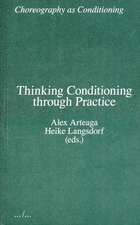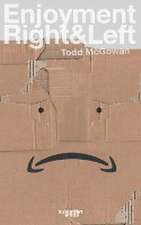Out of Time: Desire in Atemporal Cinema
Autor Todd McGowanen Limba Engleză Paperback – 16 feb 2011
In atemporal cinema, formal distortions of time introduce spectators to an alternative way of experiencing existence in time-or, more exactly, a way of experiencing existence out of time. McGowan draws on contemporary psychoanalysis, particularly Jacques Lacan, to argue that atemporal cinema unfolds according to the logic of the psychoanalytic notion of the drive rather than that of desire, which has conventionally been the guiding concept of psychoanalytic film studies.
Despite their thematic diversity, these films distort chronological time with a shared motivation: to reveal the logic of repetition. Like psychoanalysis, McGowan contends, the atemporal mode locates enjoyment in the embrace of repetition rather than in the search for the new and different.
Preț: 222.01 lei
Nou
42.49€ • 46.13$ • 35.69£
Carte tipărită la comandă
Livrare economică 22 aprilie-06 mai
Specificații
ISBN-10: 0816669961
Pagini: 296
Dimensiuni: 140 x 216 x 18 mm
Greutate: 0.36 kg
Ediția:New.
Editura: University of Minnesota Press
Colecția Univ Of Minnesota Press
Notă biografică
Cuprins
Acknowledgments
Introduction: The Origins of the Atemporal Film
1. Temporality after The End of Time in Pulp Fiction
2. Not the Worst of All Possible Worlds: Sacrificing the Object in Butterfly Effect
3. Eternity without Sunshine: Eternal Sunshine of the Spotless Mind and the Hopelessness of Love
4. The Path to Politics in The Constant Gardener
5. “Something Is Lost”: The Ethics of Absolute Negativity in 21 Grams
6. Timeless in Space: Placing Eternity in 2046
7. Affirmation of the Lost Object: Peppermint Candy and the End of Progress
8. The Temporal Flight from Trauma: Irréversible and the Critique of Experience
Conclusion: An Infinite Memento
Notes
Index
Recenzii
Descriere
In Out of Time, Todd McGowan takes as his starting point the emergence of a temporal aesthetic in cinema that arose in response to the digital era. Linking developments in cinema to current debates within philosophy, McGowan claims that films that change the viewer's relation to time constitute a new cinematic mode: atemporal cinema.
In atemporal cinema, formal distortions of time introduce spectators to an alternative way of experiencing existence in time-or, more exactly, a way of experiencing existence out of time. McGowan draws on contemporary psychoanalysis, particularly Jacques Lacan, to argue that atemporal cinema unfolds according to the logic of the psychoanalytic notion of the drive rather than that of desire, which has conventionally been the guiding concept of psychoanalytic film studies.
Despite their thematic diversity, these films distort chronological time with a shared motivation: to reveal the logic of repetition. Like psychoanalysis, McGowan contends, the atemporal mode locates enjoyment in the embrace of repetition rather than in the search for the new and different.
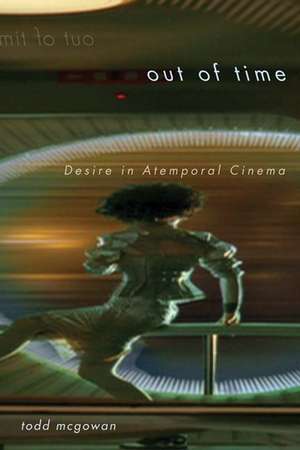
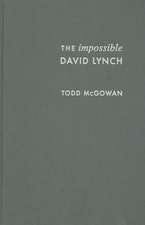
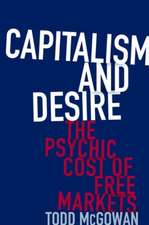
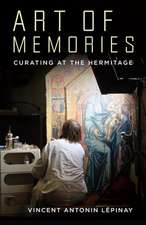
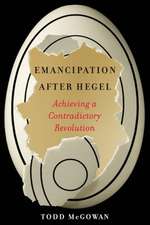
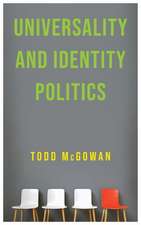
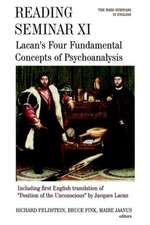
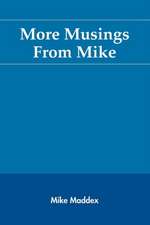
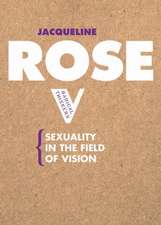
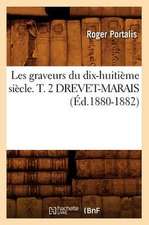


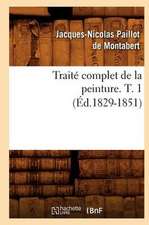
![Traite Des Arts Ceramiques Ou Des Poteries [V2] (Ed.1844)](https://i3.books-express.ro/bt/9782012629233/traite-des-arts-ceramiques-ou-des-poteries-v2-ed-1844.jpg)
